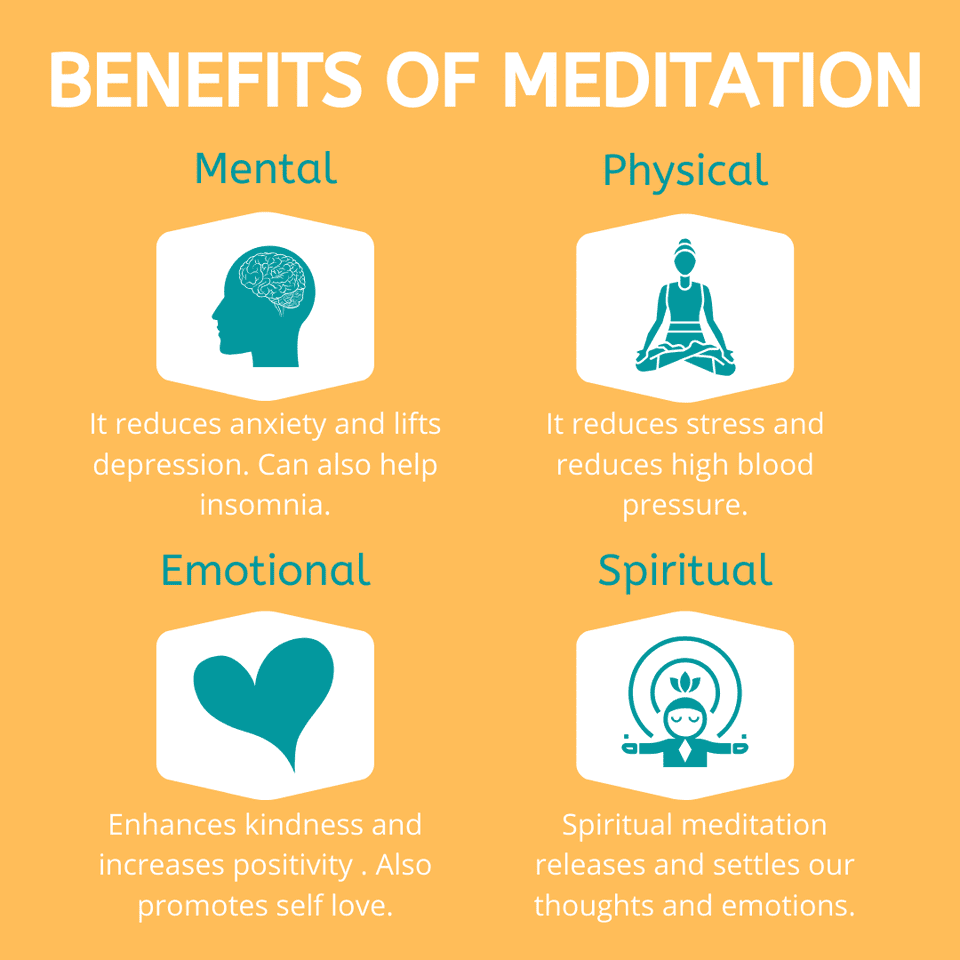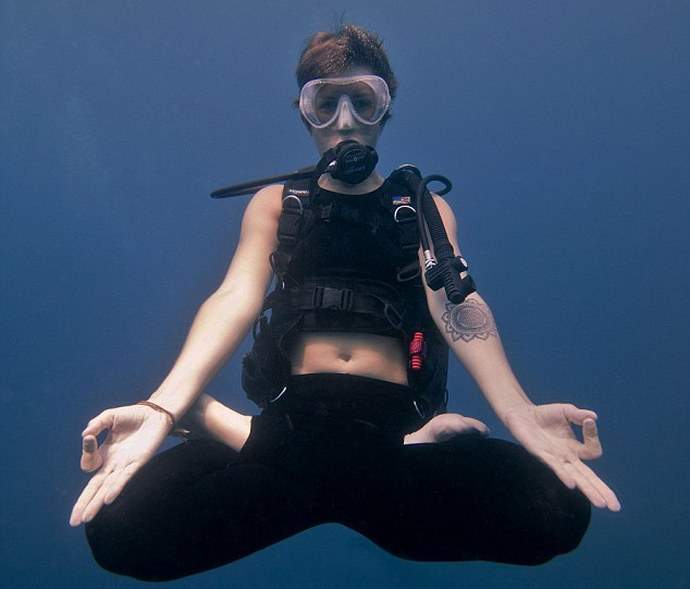Fifty percent of divers experience fear on at least one dive. It’s a very common emotion that affects beginners as well as advanced divers. The best way to control and manage fear is through meditation. All divers should learn how to meditate and use these practices on dives and in times of distress.
Meditation is the practice of controlled attention awareness and intentional breathing. No one can actually stop their thoughts but there is a way to move them in a different direction. Meditation is essential for divers who find themselves in a panicked state. It will help relax the diver, control breathing, and reduce the risk of an underwater accident.
Meditation can be dated back to 1500 BCE and has been found throughout many different religious and spiritual practices. Meditating has been shown to reduce stress, anxiety, depression, and pain. It empowers people to learn how to redirect their thoughts and productively manage fears.
What Causes Fear?
Every single person is afraid of something. Whether it’s heights, spiders, or enclosed spaces we all have fear. Humans actually need certain levels of fear as a biological measure of safety. Our fears help prevent harmful or dangerous situations from occurring. For many people, breathing underwater or encountering a shark is enough to send them into a state of fear, stress, or panic.
If you really think about it, why wouldn’t you be afraid of drowning? Our lungs require air and cannot filter through water. Breathing underwater is unnatural and alerts the mind to this danger. Remember though, fear is merely a warning and not a fortuneteller. Feel the emotion, understand is it good and learn how to manage and cope with it. Fear has a way of dissipating if we push ourselves past personal limits. The more you face what frightens you the less dangerous it becomes.
The very worst thing a diver can do is panic because this is when situations have the potential to become dangerous. Though it is rare, emergencies can occur due to a panicked diver. A diver may run out of air, blackout, become disoriented, or damage equipment. Meditation can help prevent and reduce such instances.
Applying Techniques
There is more than one way to meditation and there isn’t a wrong way to do it. Below are a few meditation techniques that divers can apply to promote calm and relaxation.
Self Talk
This one is really easy. All you need to do it talk to yourself in your head. Repeat a few sentences over and over to induce calm. Some examples are, I can breathe, I am safe, I am happy, I am calm, I am relaxed, I am a fish, I am searching for treasure, I am exploring, I am confident. Choose some or all of these short sentences and say them over and over. It will distract you from stressful thoughts while simultaneously reassure you are safe.
Controlled Breathing
When we panic our heart rate increases and breathing speeds up. A panicked diver will go through their air very quickly which will end the dive early. Divers should learn how to calm their breathing to allow for long dives and normal heart rates. The best way to do this is by controlled breathing. Slowly breathe in to the count of four and then slowly exhale to the count of four. Focus on the sound of your breathing as you slowly inhale and slowly exhale. This will relax any diver within a few minutes and help with air consumption.
Description Distraction
Another easy form of meditation is to focus your attention and observe the surroundings. Pick an object nearby and describe it to yourself. What color is it? What size is it? What makes it interesting? Then move on to another object and do the same thing. This actually distracts the mind and moves it from panic to calm very quickly.

Diving is a fun and adventurous activity that offers unique experiences. It’s is a highly rewarding hobby that also encourages travel. Since divers place themselves in seemingly unnatural situations it’s completely normal to have some level of fear. Humans need fear as a way to communicate our limits and prevent harm. Breathing underwater sets off alarms in our minds that the situation is dangerous. The less often we dive the more intense these alarms might be. This is one of the reasons it’s advised to dive several times a year.
By incorporating meditation into your techniques as a diver you will be able to maneuver fear and remain relaxed. Mastering this state of mind makes divers more of an asset. They will be able to think more clearly and manage any unforeseen situations. Since the majority of people dive in pairs being in a calm state also makes for better buddies. If you dive with someone who panics it can easily ruin the trip or end it early.
It’s important to remember that being fearful or panicking during a dive is OK. It’s actually quite common. Your reaction to stress is what really matters. It is vital to maintain calmness while diving and that means learning how to control and distract your thoughts. Meditation is the very best way to do that. Pick a technique and start practicing at home for just five minutes a day. It will make you a stronger diver and a better dive buddy.

